- 03 June 2025
- At Library of the Faculty of Exact and Applied Sciences
- Faculty of Exact and Applied Sciences
The study day will explore the following themes, representing central axes of Artificial Intelligence applied to health in Algeria:
Technologies for optimal medical decisions.
Analysis of medical text data to extract essential information.
Diagnosis and management of medical data and images.
Blockchain in the healthcare sector
Use of data exploration techniques to identify interesting patterns in medical data.
Protecting data and devices against cyber threats.
LIO: Laboratory of Department of Computer Science (Faculty of Exact and Applied Sciences) of Oran1 University invites you to the second study day (JESIA 2025) entitled: « Artificial Intelligence in the Service of Health in Algeria »on June 03, 2025.
This day will be dedicated to Clinical Intelligent Systems allowing the promotion of the National Research Project led by Pr HAMDADOU Djamila and entitled “An intelligent medical decision support system dedicated to pharmacovigilance” between the research team (Artificial Intelligence tools at the service of decision-making) and the pharmacovigilance laboratory of the EHU Oran.
This day provides a forum to present innovative ideas, research advances, and cutting-edge projects in the field of medical decision support. It aims to foster exchanges between researchers and healthcare professionals to discuss recent advances, medical applications, and intelligent systems. Specialized workshops on Artificial Intelligence will also be organized for doctoral students in the Computer Science Department of the Faculty of Exact and Applied Sciences, thus offering a unique opportunity for learning and interaction in these crucial areas for the future of health in Algeria.
 Is the first laboratory in the department of Computer Science. Accredited in 2009, it strives to create
a peaceful working environment for its research teams within the University of Oran. The laboratory
focuses on current topics in applied computer science. The laboratory's members, including
professors/researchers and doctoral students, are very active in research, publications,
communications, and project development.
Is the first laboratory in the department of Computer Science. Accredited in 2009, it strives to create
a peaceful working environment for its research teams within the University of Oran. The laboratory
focuses on current topics in applied computer science. The laboratory's members, including
professors/researchers and doctoral students, are very active in research, publications,
communications, and project development.
 The LIO laboratory has developed several partnerships (PNR, mixed teams, Tassili, PHC Maghreb,
DPGS socio-economic project, etc.) in different priority areas established by the DGRSDT and ensures
the monitoring of several doctoral training courses as well as maintaining close relations with the
health sector.
The LIO laboratory has developed several partnerships (PNR, mixed teams, Tassili, PHC Maghreb,
DPGS socio-economic project, etc.) in different priority areas established by the DGRSDT and ensures
the monitoring of several doctoral training courses as well as maintaining close relations with the
health sector.
Team 1 : Big Data Management in Large-Scale Applications (GEDALE) Big data management in distributed environments for e-health focused on the Cloud, Fog Computing, and IoT.
Team 2 : Decision Support and Management Fusion of agents, WEB and WEB 2.0 technologies for process modeling and optimization in transportation.
Team 3 : Resource Management in Grids (REMAG) Research focused on resource management in large-scale distributed systems, covering scheduling, load balancing, replication, fault tolerance, and security.
Team 4 : Machine Learning, Artificial Intelligence, and Reasoning Focused on AI, deep learning, and IoT to improve healthcare through intelligent models based on the analysis of vast medical data.
Team 5 : Artificial Intelligence Tools for Business Intelligence Development of decision support systems using AI with applications in epidemiology, regional planning, medical diagnosis, and pharmacovigilance.
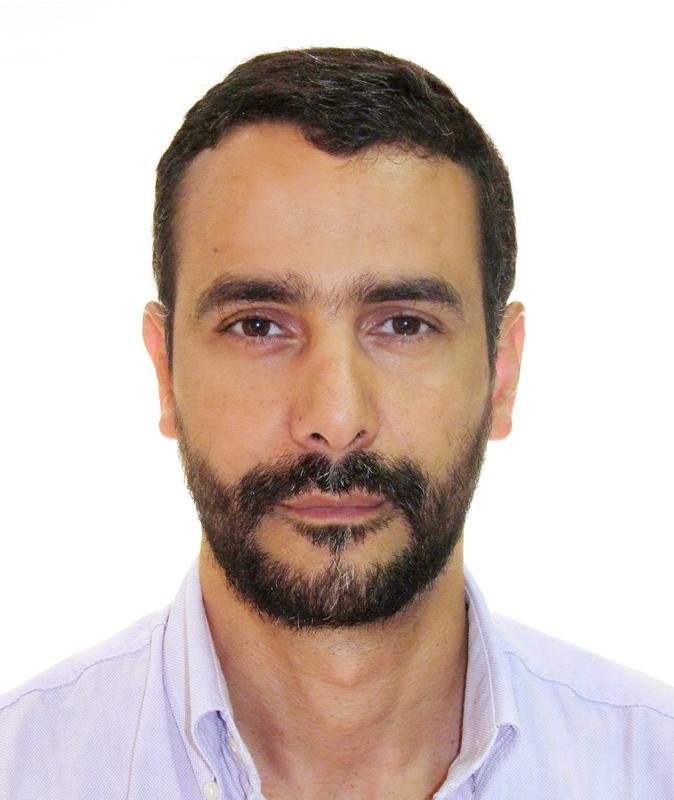
Mines Telecom institute, Paris. France
Oran
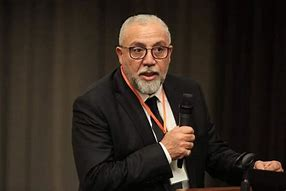
Head of the Pharmacovigilance Laboratory, University Oran1
Oran
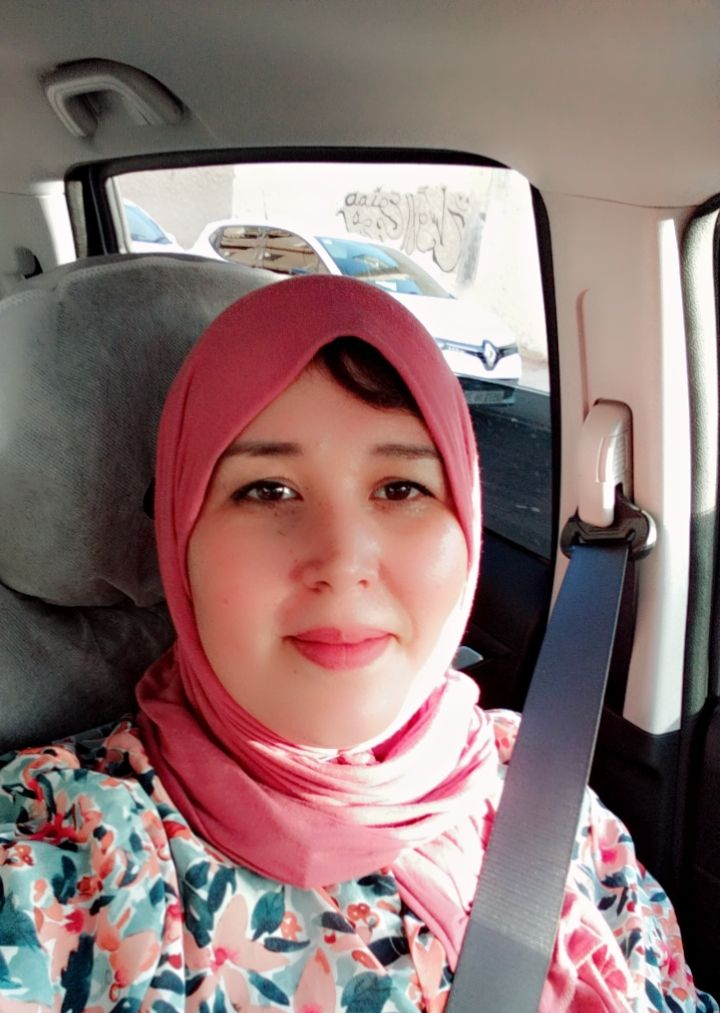
Assistant Professor in Hospital-University Practice, Faculty of Medicine Oran1
Oran
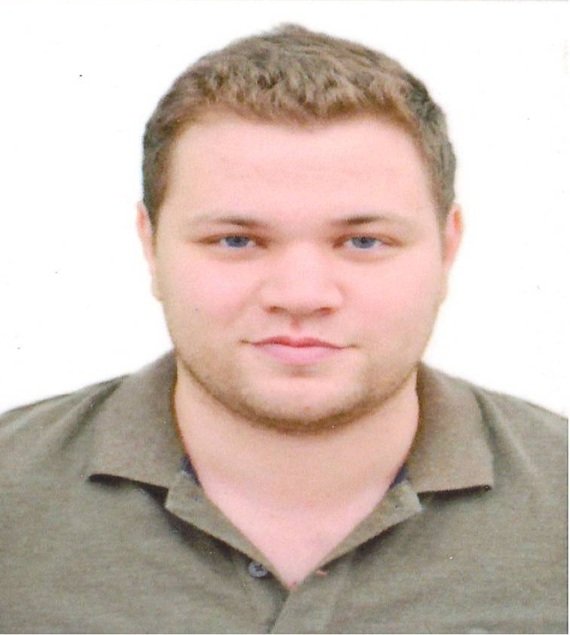
Doctor in computer science (ISTA, Univrsity Oran1, Laboratory LIO)
Oran
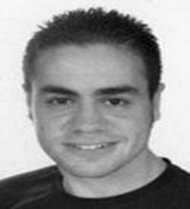
Professor in computer science (Univrsity Oran1, Laboratory LIO)
Oran
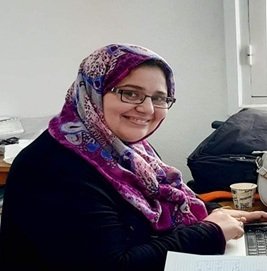
Doctor in computer science (higher education school, Laboratory LIO)
Oran
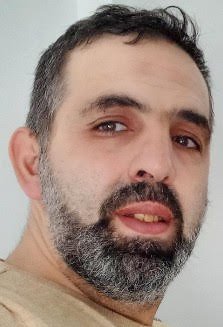
Higher School of Computer Science, Sidi Bel-Abbès, Algeria
Sidi Bel-Abbès
This workshop offers a hands-on immersion into the use of blockchain and smart contracts in the healthcare field. After an introduction to the fundamental concepts, participants will work on a concrete case study (medical data sharing, consent management, medication traceability, etc.). The goal is to understand the concrete benefits of these technologies for security, transparency, and process automation in healthcare systems.
Anyone interested in the practical applications of blockchain in a medical setting. Students, teachers, or researchers in the healthcare field (basic programming knowledge recommended)..
This workshop focuses on building an IoT microservice system for visualizing weather data sent from a Wemos board. The IoT microservices are deployed using Docker. To build this system, we leverage the power of the time-series database InfluxDB combined with Grafana. We will also develop a dashboard with multiple panels displaying various data. To retrieve data from the broker and inject it into the database, we use the Node-RED tool.
This workshop is intended for students, developers, and professionals interested in IoT, data visualization, and microservices architecture.
The goal of this workshop is to introduce Vibe Coding, an innovative approach to visual and interactive programming, adapted to public healthcare issues. Participants will learn how to use this method to design simple healthcare- related applications, particularly using the Firebase tool.
Public healthcare specialists and students, as well as any professional in the medical or paramedical field wishing to learn about creative digital tools for healthcare.
In the context of the digital transformation of the healthcare sector, the ability to effectively analyze, visualize, and interpret medical data is becoming a strategic lever for professionals. This workshop offers a practical introduction to using Power BI, a powerful and accessible Business Intelligence tool, for clinical reporting and interactive visualization of healthcare data. Through concrete use cases, participants will learn how to build relevant dashboards, interpret key indicators, and make relevant data-driven decisions.
Doctors, department managers, clinical directors and healthcare professionals wishing to use medical data for the purposes of analyzing, managing and improving clinical practices.
of JESIA 2025
Program of the day
Health transformation in the Age of AI
Artificial Intelligence in Pharmaceutical Risk Analysis: Application to Drug-Drug Interactions
Artificial Intelligence Facing the Challenges of Health Data: Scientific, Technical, and Ethical Issues
Workshop 1 : Blockchain and smart contracts in the healthcare sector: use cases and practical workshop
Workshop 2 : Microservice for an IoT chain with Docker on Raspberry PI
Workshop 3 : Vibe Coding for Healthcare
Workshop 4 : Exploiting healthcare data with Power BI: Dashboards and medical decision support